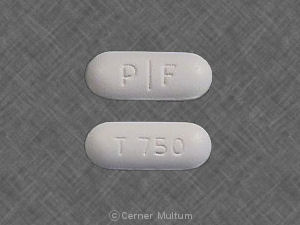Trilisate Interactions
There are 312 drugs known to interact with Trilisate (choline salicylate/magnesium salicylate), along with 9 disease interactions, and 1 alcohol/food interaction. Of the total drug interactions, 25 are major, 256 are moderate, and 31 are minor.
- View all 312 medications that may interact with Trilisate
- View Trilisate alcohol/food interactions (1)
- View Trilisate disease interactions (9)
Most frequently checked interactions
View interaction reports for Trilisate (choline salicylate / magnesium salicylate) and the medicines listed below.
- Abraxane (paclitaxel protein-bound)
- acetaminophen
- Aleve (naproxen)
- Ativan (lorazepam)
- Axid (nizatidine)
- Benadryl (diphenhydramine)
- Benefiber Powder (wheat dextrin)
- Cheratussin AC (codeine / guaifenesin)
- Claritin (loratadine)
- clindamycin
- clonazepam
- codeine
- Culturelle Digestive Health (lactobacillus rhamnosus gg)
- Cymbalta (duloxetine)
- D3 (cholecalciferol)
- Decadron (dexamethasone)
- Denta 5000 Plus (fluoride topical)
- diazepam
- diclofenac
- Doxil (doxorubicin liposomal)
- dronabinol
- duloxetine
- Faslodex (fulvestrant)
- Femara (letrozole)
- Fioricet (acetaminophen / butalbital / caffeine)
- Fioricet with Codeine (acetaminophen / butalbital / caffeine / codeine)
- Flexeril (cyclobenzaprine)
- fluconazole
- Ibrance (palbociclib)
- Imodium (loperamide)
Trilisate alcohol/food interactions
There is 1 alcohol/food interaction with Trilisate (choline salicylate / magnesium salicylate).
Trilisate disease interactions
There are 9 disease interactions with Trilisate (choline salicylate / magnesium salicylate) which include:
- GI toxicity
- renal dysfunction
- Reye's syndrome
- hypermagnesemia
- anemia
- coagulation
- dialysis
- G-6-PD deficiency
- hepatotoxicity
More about Trilisate (choline salicylate / magnesium salicylate)
Related treatment guides
Drug Interaction Classification
| Highly clinically significant. Avoid combinations; the risk of the interaction outweighs the benefit. | |
| Moderately clinically significant. Usually avoid combinations; use it only under special circumstances. | |
| Minimally clinically significant. Minimize risk; assess risk and consider an alternative drug, take steps to circumvent the interaction risk and/or institute a monitoring plan. | |
| No interaction information available. |
See also:
Further information
Always consult your healthcare provider to ensure the information displayed on this page applies to your personal circumstances.


